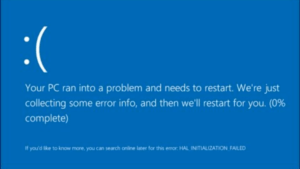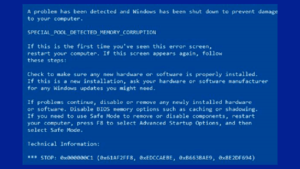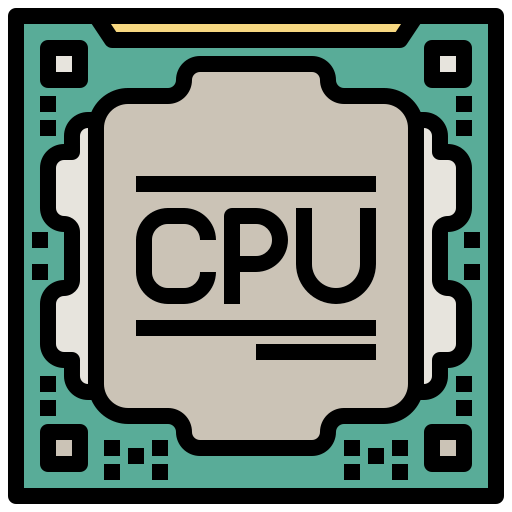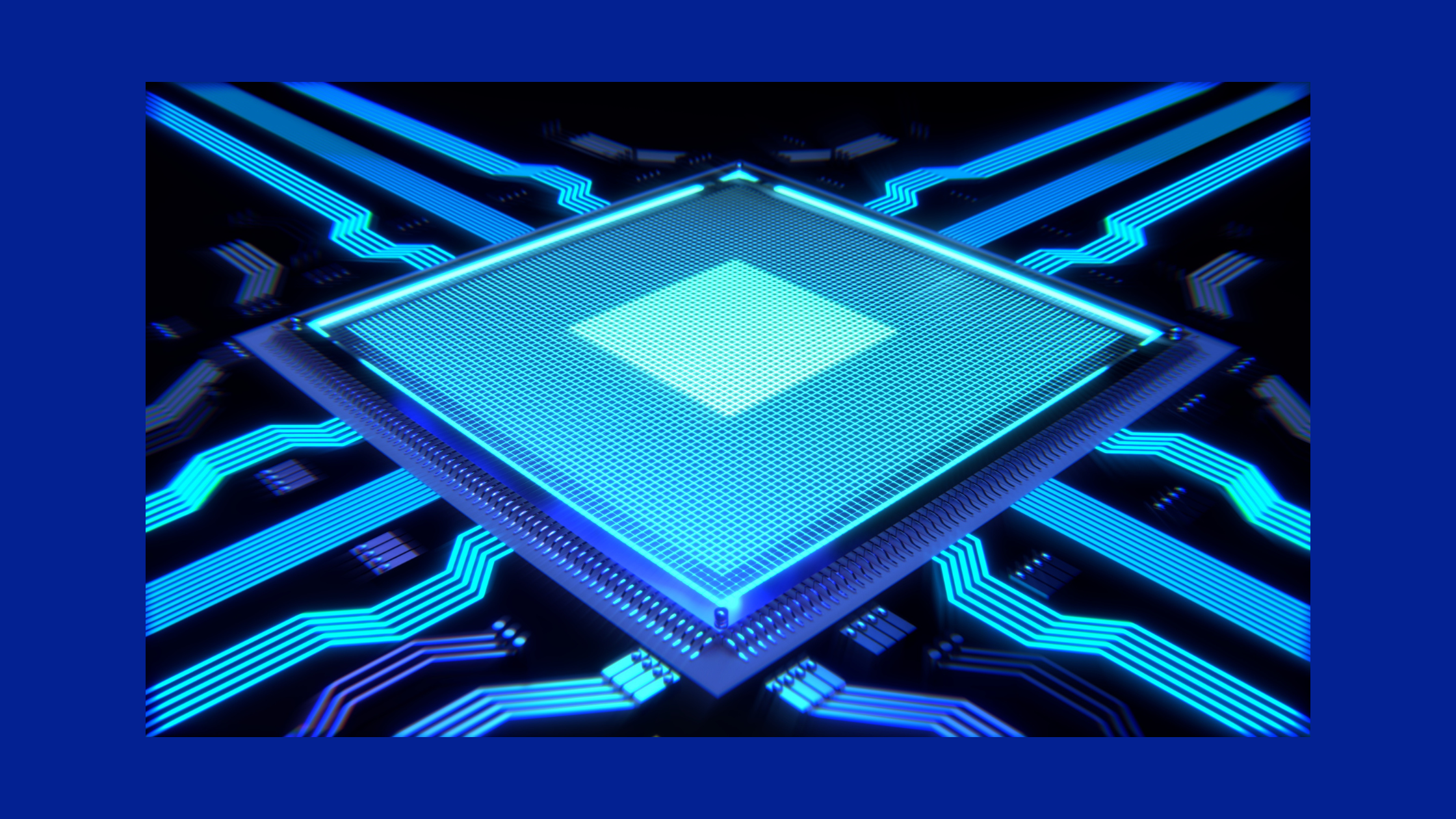CPUs are designed to last anywhere from a few years to a few decades, but the lifespan of a modern CPU can vary depending on the usage.
Generally, CPUs will last longer if they’re not used intensively or kept in a cool and dry environment. In this article, you get everything related to How Long a Modern CPU Last.
How Long Does CPU Last?
There’s no set answer how long they should last when it comes to computer processors. It depends on various factors, including the type of processor, how heavily it’s used, and the environment in which it operates. Generally, though, most processors should last for three or four years.
We consider a processor that lasts for four or five years satisfactory for home users.
Business users may require a longer-lasting processor as their machines undergo more rigorous use.Gamers and other power users will also need a processor that can handle more intensive tasks and that may not last as long as those used by less demanding users.
The temperature and humidity of the surrounding environment can also affect how long a processor lasts.
How Do I Know if I Need a New CPU?
When it comes to CPUs, there are a lot of different factors to consider. Here are a few tips to help you decide if you need a new CPU:
- Booting Issues
- Frequent Shutdowns
- Beeping Noises
- Physical Damages
- Freezing
- Blue Screen of Death
1. Booting Issues
Your computer’s BIOS checks the CPU and other system components when it starts up. If it finds a problem with one of the components, it may not boot. You may see an error message on the screen, or your computer may not startup.

To find out if you need a new CPU, you can check your BIOS settings. In most cases, there will be a message telling you that the CPU has a problem. If your computer is starting up but running slowly, you may also need a new CPU.
2. Frequent Shutdowns
Shutdowns are an essential part of computer maintenance, but how often should you be shutting down your computer? Is there a way to use shutdowns to check if you need a new CPU? This article will explore the usefulness of frequent shutdowns in determining when it’s time for an upgrade.
Most people know that shutting down their computer is essential to maintaining it, but many don’t know exactly how often they should shut down their machine.
While there is no one-size-fits-all answer to this question, there are a few things to consider.
One thing to consider is the age of your computer. If your machine is over five years old, it may be time for an upgrade regardless of how often you shut it down. Another thing to consider is how you use your computer.

3. Beeping Noises
Computers are a necessary evil in the world. We use them for work, entertainment, and so many other reasons. But what do we do when our computer isn’t working the way it should? One of the first things we might do is check if our computer needs a new CPU.
Many people might think that beeping noises are helpful to know if they need a new CPU, but this is not always the case.
Different computers make different beeping noises when there is something wrong, so it’s challenging to know whether your computer needs a new CPU just by listening to it or not.
4. Physical Damages
Physical Damages are helpful to know if you need a new CPU. It can help you determine the health of your CPU and whether it is still performing optimally or not.
If you are having problems with your computer, Physical Damages can help identify where the issue may stem from.
5. Freezing
Knowing how to freeze your computer is essential to determining if you need a new CPU. Freezing can help you troubleshoot some common issues with your computer.
By freezing your computer, you can test whether the issue is caused by a software or hardware problem or not. If the issue persists after freezing your computer, you may need to replace your CPU.
6. Blue Screen of Death
The blue screen of death, or BSOD, is familiar to PC users. A message pops up when your computer encounters a severe error, and an ominous-sounding beep accompanies it.
The blue screen can confuse and frustrating for the average user. What do all those error codes mean? Is my computer about to crash? Should I buy a new CPU?
In most cases, the blue screen of death isn’t anything to worry about. It usually means a problem with your computer’s hardware or software. However, if you see the blue screen frequently, there might be a problem with your CPU.
In that case, you might need to buy a new one. If you’re not sure whether your CPU is causing the blue screens, you can do a few things to find out.

Does CPU Performance Depreciate with Time: Can it Wear Out?
There’s a lot of debate on whether a CPU performance depreciates over time and wears out or not. Some people say that the CPU is a hardware component, and as such, cannot wear out.
Others say that the CPU will eventually lose its performance over time and need to be replaced. The truth is that neither side is 100% correct–it all depends on how you use your CPU.
If you’re someone who runs processor-intensive applications or games all day long, then yes, your CPU will eventually wear out. However, if you use your computer for more basic tasks like checking email and browsing the web, your CPU should last for years with no problems.
What Can Cause a CPU to Fail?
One of the most critical and expensive parts of a computer is the Central Processing Unit or CPU. CPUs are prone to failure, however, for a variety of reasons.
Heat is one of the biggest causes of CPU failure. If a CPU is not cooled properly, it can overheat and fail. Dust and other debris can also cause CPUs to fail.
If dust accumulates on the cooling fins or in the fan blades, it can prevent the CPU from cooling down properly and overheating and failing. Another common cause of CPU failure is voltage surges. If there is a sudden increase in voltage, it can damage the circuitry in the CPU and lead to failure.
Conclusion
In conclusion, CPUs have a longer lifespan than ever before. However, it is essential to keep in mind that this lifespan depends on how well the CPU is taken care of.
By following a few simple tips, you can ensure that your CPU lasts for many years to come. In this article, you can get all the information related to How Long Does a Modern CPU Last.

